Assessing the risk of heart disease can involve a variety of advanced tests. These tests can help identify underlying conditions or risk factors for heart disease that may not be apparent through routine check-ups. Some of the tests that are commonly used include:
- Coronary calcium score: This test uses a computed tomography (CT) scan to measure the amount of calcium in the coronary arteries, which can indicate the presence of plaque buildup and potential risk for heart disease. According to the American Heart Association, this test can help identify individuals who may benefit from lifestyle changes or medication to reduce their risk of heart disease.
- Carotid intima-media thickness (CIMT) test: This non-invasive ultrasound test measures the thickness of the inner two layers of the carotid artery and can be used to assess the risk of heart disease and stroke. A study published in the Journal of the American College of Cardiology found that CIMT measurements can be a useful tool for predicting future cardiovascular events.
- Cardiac stress test: This test involves monitoring the heart’s response to physical activity or medication that simulates exercise. It can help identify any underlying heart conditions that could increase the risk of heart disease. The American Heart Association recommends stress tests for individuals with symptoms or risk factors for heart disease.
- Lipid profile: This blood test measures the levels of different types of cholesterol and triglycerides in the blood. High levels of LDL cholesterol and triglycerides and low levels of HDL cholesterol are associated with an increased risk of heart disease. The National Heart, Lung, and Blood Institute recommends regular lipid profile tests for adults to monitor their cholesterol levels.
- High-sensitivity C-reactive protein (hs-CRP) test: This blood test measures the level of inflammation in the body, which is associated with an increased risk of heart disease. A study published in the New England Journal of Medicine found that hs-CRP levels can be a predictor of cardiovascular events.
- Genetic testing: This can help identify any inherited genetic risk factors for heart disease, such as familial hypercholesterolemia. The American Heart Association recommends genetic testing for individuals with a family history of early-onset heart disease or a known genetic condition that increases their risk.
It’s important to note that these tests should be used in conjunction with a comprehensive medical evaluation and consultation with a healthcare provider to determine an individual’s overall risk of heart disease.

